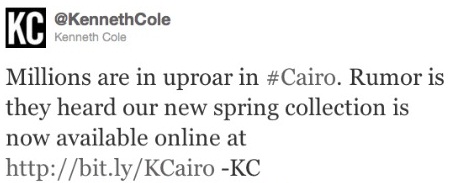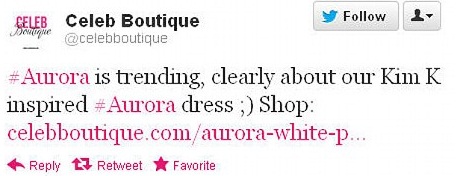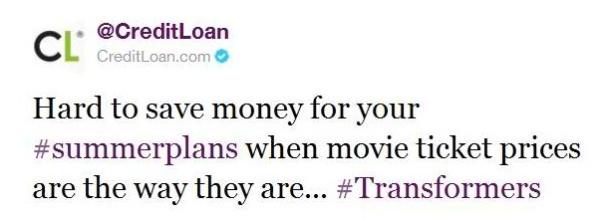Hashtags have proven to be very helpful to both small and big businesses in spreading their brand as well as maintaining good relations with relevant customers.
However, there are a number of smaller groups that tend to piggyback on the success of others? hashtags.
On Twitter, hashtag piggybacking is highly discouraged. It?s best to use the proper tools and approaches that will bring you more customers and income in the long run that being tagged as an unscrupulous seller or spammer.
Piggybacking on Big Companies
1. Relying on others? success is a shameful marketing ploy.
Many huge companies frown on smaller groups that tend to ride on their successful hashtags. Big groups usually have the luxury of having their own department or team who is responsible for creating meaningful hashtags and also monitoring the progress over the next several hours or days. When smaller companies try to use the same hashtag or use associated words to try and share in some of the success, major groups will usually retaliate by reporting these to Twitter. As a result, some accounts can be blocked or users might be labeled as spammers or hashtag hijackers.
2. Meanings are lost.
Meaningful hashtags should be given due respect since these may relate to serious global issues and discussions. Always search for existing hashtags first or determine the impact of the keywords you?re about to use. Consider if it?s worth ruining the true meaning of the word or term. There are instances wherein fashion designers use the names of cities or countries to feature their collection named after the same. This can cause confusion and even angry clients online. As a result, you can lose business due to misrepresentation. Here's an example of a serious piggybacking blunder that led to the anger of thousands of Twitter users.

3. You taint a good reputation.
Companies and individuals who continue to use hashtags that are completely unrelated to what they?re truly offering will lose their reputation in the industry in a short period of time. Many people do not like being misled to accounts that they?re not interested in just because these contained keywords which they thought were associated with the true meaning. There are instances in which abusive hashtag creators use similar terms from popular movies, songs and items just to drive people to their accounts. In the end, they only end up with zero sales and a blemished reputation.
4. Using the wrong terms will get you in trouble.
Take some time to think about your hashtag. It doesn?t mean that if one worked well for a company, the same terms will do the same good to yours. There are hashtag piggybacking online users who actually ruined their reputation by trying to imitate the approach of other successful companies, only to draw negative comments from online users. Consider the words carefully and make sure that these relate well to your business. Invite people to give positive remarks and to stay within the limits of the discussions.



